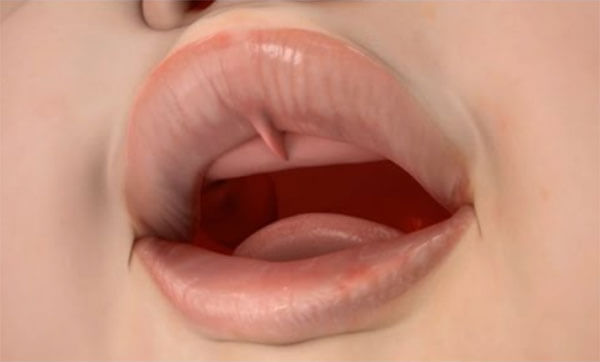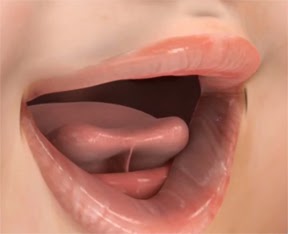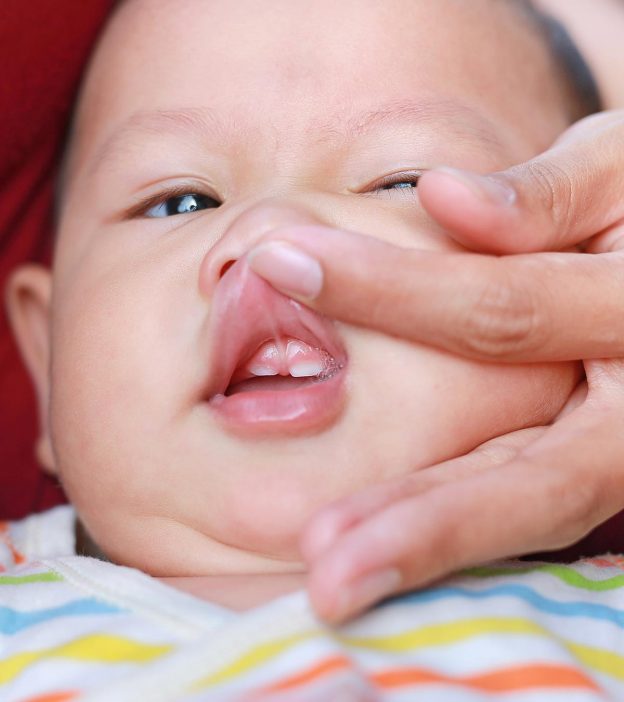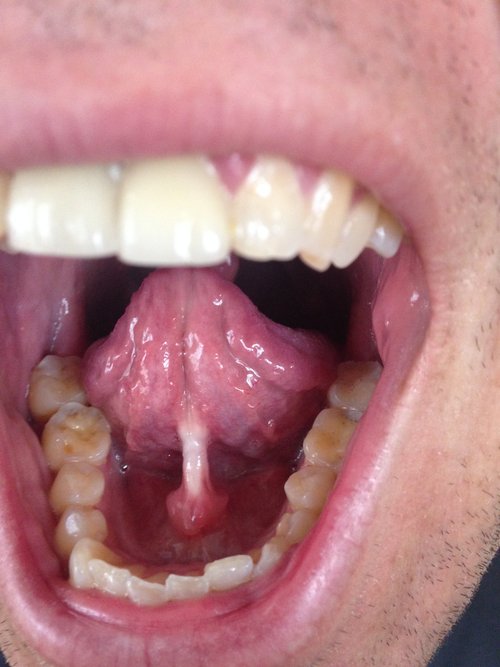are tongue and lip tie genetic
Tongue-tie and lip-tie issues affect up to one in three babies and are often genetic. Oral issues like tongue and lip ties develop in the womb as a result of a gene mutation passed on as a dominant trait.

How Dangerous Is Tongue Tie Bbc Future
Babies begin learning to suck in utero so tongue tied TTd babies begin to compensate early on.

. South Carolina Tongue Tie Center is your source for tongue and lip-tie treatment for infants children and adults. During every phase of development unique problems can appear that affect your childs day-to-day habits. They can occur separately or together.
The cause of lip ties is similar to tongue ties. Tongue tie or ankyloglossia is often associated with MTHFR genetic mutation. It occurs when the lingual frenulum a small stretch of tissue that connects the bottom of the tongue to the floor of the mouth is too short and tight.
While we recommend pregnant women always maintain a healthy diet and take prenatal vitamins we cannot confirm any link beyond simply genetic for the development of tongue and lip ties. Lip and tongue ties can be easily diagnosed by trained professionals. LTTT are suggested to be part of a genetic predisposition with a 41 ratio of males being more commonly affected than females.
Tongue tie ankyloglossia is caused by a tight or short lingual frenulum the membrane that anchors the tongue to the floor of the mouth. Treating ties has now become essentially painless due to our laser technology so while we cant prevent ties Dr. The frenulum normally thins and recedes before birth.
In many instances babies with tongue tie will not show any symptoms or experience any problems. The band stays connected as the child grows because its unusually short or thick creating a. Run in families and may be associated with genetic factors.
For the nursing mother a child struggling to breastfeed due to a tongue tie or a lip tie may cause pain thrush mastitis nipple blanching nipple bleeding or nipple cracking. If youre told that your child has a tongue-tie or lip tie dont worry. As well as issues with feeding a lip tie can also cause complications with tooth development.
The need for constant feeding because the child is nursing so poorly leads to exhaustion for the mother. This causes babies not to have enough tongue mobility and often makes breastfeeding harder. Why the surge in babies who are felt to have tongue-tie andor lip-tie as potential causes of breastfeeding problems.
The condition of tongue tie is often accompanied by lip ties labial ties cheek ties buccal ties and sometimes with other midline defects. Who is affected by Lip and Tongue Ties. The affected tissue is called the maxillary labial frenum which can be felt when you extend your tongue up between your front teeth and your lip.
In some cases they can restrict teeth from coming through as well as cause misalignment. There are an estimated 3 million cases per year and the condition is often genetic. Tongue and lip-ties are a common congenital trait which can be related to genetics.
Where this doesnt happen the frenulum may restrict tongue mobility. There are several studies that examine the potential inheritance patterns of ankyloglossia tongue-tie. Lip ties are less common than tongue ties but are also believed to be genetic.
It stems from fetal development has genetic implications and tends to. For example tongue tie and lip ties can be common genetic conditions that make it difficult for your child to speak eat and latch during breastfeeding. Tongue tie occurs when the frenulum the band of tissue under the tongue fails to separate from the tongue before birth.
This may be caused by genetics. Acevedo et al in 2010 identified a Brazilian family that had both ankyloglossia and dental abnormalities. Whereas with a tongue tie the membrane that causes it lies between the bottom of the mouth and the tongue with a lip tie this membrane extends down to the gum.
Tongue-tie is largely genetic. The genetic mutation of MTHFR is often responsible for midline defects like tongue tie. They are fairly common and usually occur in infants.
Cases of tongue tie range from mild to severe. Ann and all of us here at The TOT Spot are working hard to remove any. OTENTIAL PROBLEMS RESULTING FROM TONGUE TIE AND LIP TIE.
With the tongue-tie the cord that connects the tongue to the floor of the mouth is too short restricting the movement. Stemming from connected tissue that limits the mobility of the tongue or lip ties can impact an infants latch during bottle or breastfeeding and can also affect speech and even sleep patterns later in life says Cara Riek co-founder of Arizona Breastfeeding Medicine and Wellness in. A lip or tongue tie occurs when your range of motion is inhibited.

Posts About Lip Tie On An Easy Laugh And A Crooked Smile Crooked Smile Lips Tongue Tie

Cat Got Your Tongue The Problems Of Being Tongue And Lip Tied

The Tongue Tie And Lip Tie Epidemic In America Dr Julie Wei

Urgent Lip Tie Facts You Should Know Right Now Effortless Sleep

Is Tongue Tie Becoming More Common Central Jersey Dental Sleep Medicine

The Tongue Tie And Lip Tie Epidemic In America Dr Julie Wei

Lip Tie In Babies Causes Signs Complications Treatment
What Is A Lip Tie Infant Laser Dentistry

Tongue Ties Cft The Gillespie Approach

Tongue Ties Cft The Gillespie Approach

Tongue Ties Cft The Gillespie Approach

Types Of Ties Including Pictures Tongue Tie Life

Mthfr Gene Mutation Choose Your Vitamins Carefully Health Home Happiness





